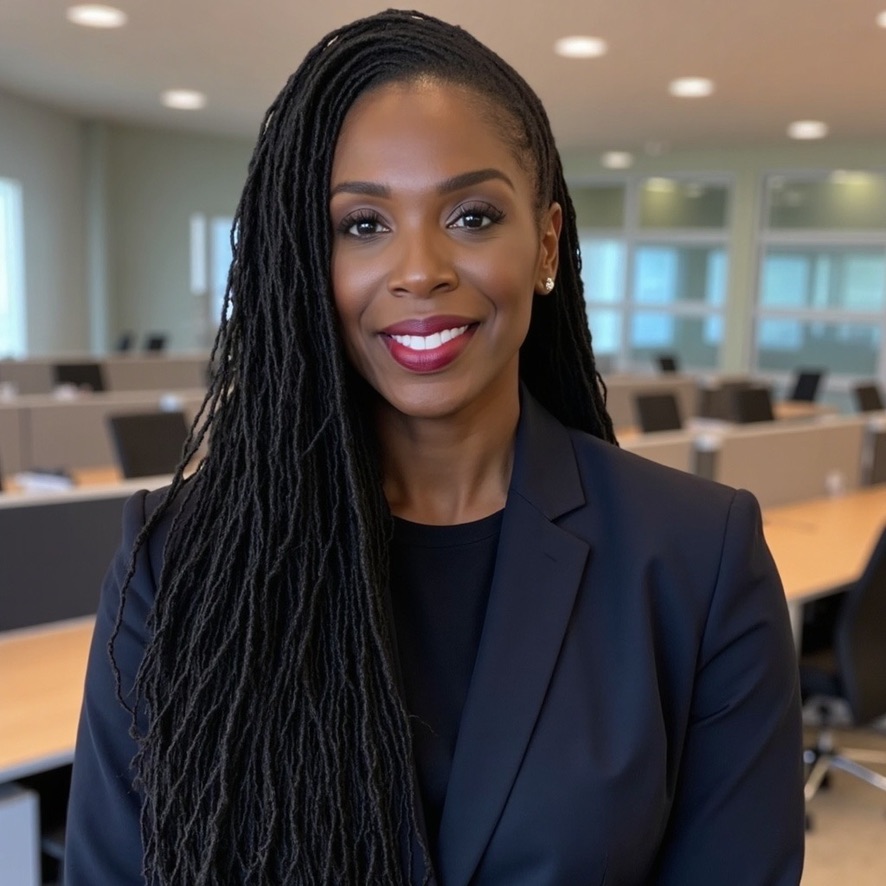Office politics has a reputation problem.
It is often viewed as manipulative, toxic, or something “other people” do. We distance ourselves from it to prove we are not playing games. We say things like, “I’m not political” or “I just do the work.”
But if you are part of an organization, you are part of its politics. Like it or not.
Politics is not about gossip or backdoor deals. It is about power, influence, and perception. It is the system beneath the surface that shapes everything, from who gets promoted to whose voice is heard.
You do not have to play dirty to move forward. But you do need to play smart.
And that starts with knowing the rules no one talks about.
Why High Performers Get Stuck
One of the hardest lessons I see rising leaders face is this: doing great work is not enough. It gets you in the room, but it does not guarantee you will be heard, promoted, or trusted.
The people who move up are often the ones who know how to read the room, align with the right stakeholders, and position their work with clarity and confidence. That is not manipulation. That is strategy.
In executive coaching and leadership development work, we often uncover blind spots in how leaders perceive influence. They think they are being passed over for lack of skills. But really, they are being overlooked because they have not learned how to move through the organization with intention.
What Office Politics Really Is
Politics is the invisible structure of the workplace. It is about relationships, timing, influence, power dynamics, and perception.
When you understand the political landscape of your company, you are not selling out. You are learning how to lead in the environment you are actually in—not the one you wish it was.
To navigate office politics well, you need three things:
- Awareness: Who holds influence, formally and informally? What decisions are made in meetings, and which ones are made before the meeting starts?
- Alignment: What matters most to the people with decision-making power? Are your priorities visible to them?
- Authenticity: How do you navigate these dynamics while staying rooted in your values, voice, and leadership style?
This is where coaching comes in. Not to help you “play the game” but to help you decode workplace culture so you can move with clarity and impact.

Navigating Office Politics Without Compromising Who You Are
It is possible to be strategic and ethical at the same time. In fact, that is what the best leaders do.
Here are five strategies I coach rising leaders to use when navigating the unwritten playbook of corporate culture.
Build Strategic Relationships
Do not wait until you need something to build trust. Identify key stakeholders early and start investing in those relationships. Make yourself known, not just for what you do, but for how you think.
Watch the Power Behind the Power
Titles are not everything. Who influences decisions behind the scenes? Who do leaders go to for input before they speak in meetings? Pay attention to the informal power structure.
Communicate Across Levels
If you want to be seen as a future leader, you need to be able to speak to different audiences. That means adapting how you communicate with peers, direct reports, and senior leaders. This is a core part of executive presence coaching.
Learn the Culture Before You Try to Change It
Every organization has norms, spoken and unspoken. Take time to understand how influence works before you disrupt it. That is not silence. That is strategy.
Play Long, Not Loud
Leadership is not about winning a moment. It is about earning trust over time. Your personal brand in leadership is built in the quiet moments, not just the big ones.
A Story From the Middle
A mid-level client came to me frustrated. She was delivering on every goal but still being passed over for opportunities. She felt stuck.
We walked through her relationships inside the company. She had great peer support and solid results. But no real visibility with senior leadership. And no one at the table was advocating for her when decisions were being made.
Through coaching, she began to shift her strategy. She started doing three things differently. She aligned her updates to company priorities, volunteered to present outcomes in leadership forums, and proactively built relationships with two key cross-functional leaders.
Six months later, she got the promotion she had been told was not available.
Let’s be clear. Her work didn’t change. Her strategy did.
What It Means for Organizations
If you are investing in leadership coaching for senior executives or developing high-impact leadership development programs, this is not a side topic. It is a central one.
Your most talented people will either stay stuck or opt out if they feel like the game is rigged. But when you teach them how to navigate with confidence, presence, and purpose, you unlock their full leadership potential.
This is what modern executive leadership coaching is about. Not just competencies but culture fluency, political intelligence, and strategic authenticity.
Final Thought
You do not have to play games to succeed in corporate life. But you do need to understand how the game is played.
Integrity and influence are not opposites. They are the balance that makes leadership sustainable.
Learn the rules no one teaches. Lead with presence and clarity. And move through your career with strategy—not apology.
Ready to lead with clarity and confidence in complex corporate environments?
Learn how executive coaching can help you navigate office politics with purpose, or bring this conversation to your team through leadership workshops or keynote speaking.
Get in touch here to start the conversation.







